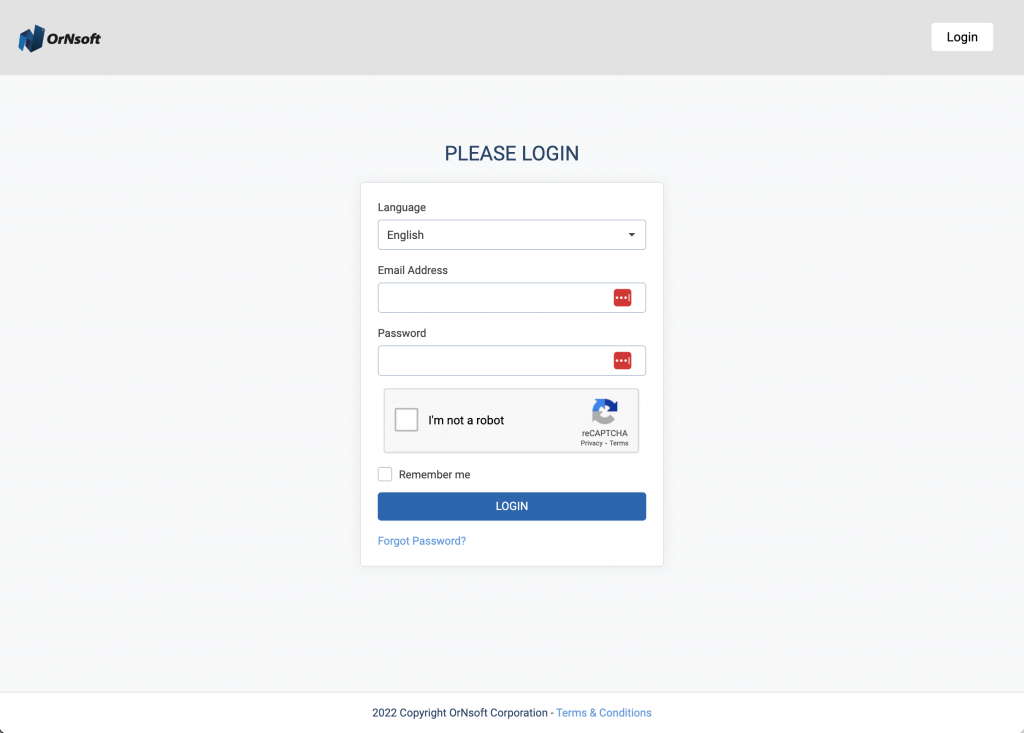Introduction
In the realm of data science, one technique stands out for its ability to simplify complex datasets and make them more understandable: Principal Component Analysis (PCA). This statistical procedure is a cornerstone of exploratory data analysis and predictive modeling, helping data scientists and researchers identify the most important variables in a dataset.
What Is Principal Component Analysis (PCA)?
Principal Component Analysis (PCA), is a statistical procedure that uses an orthogonal transformation to convert a set of observations of possibly correlated variables into a set of values of linearly uncorrelated variables called principal components. In simpler terms, PCA is a method of extracting important variables (in form of components) from a large set of variables available in a data-set. It extracts low dimensional set of features from a high dimensional data set with a motive to capture as much information as possible.
History of Principal Component Analysis (PCA)
PCA was invented in 1901 by Karl Pearson, as an analogue of the principal axis theorem in mechanics. It was later independently developed and named by Harold Hotelling in the 1930s. Since then, PCA has been a fundamental tool in the field of statistics and data analysis. Its application has expanded into various fields including image processing, finance, genomics, and more. With the rise of AI and machine learning, PCA has gained even more relevance, as it is often used in predictive modeling and exploratory data analyses.
Importance of Principal Component Analysis (PCA)
In the age of Big Data, where datasets can be incredibly large and complex, PCA plays a crucial role. It helps simplify these datasets, making them easier to explore and analyze. PCA also reduces the dimensions of a dataset, without significant loss of information. This reduction in data size makes machine learning algorithms more efficient, improving their performance and accuracy.
Practical Applications
PCA has a wide range of applications across various sectors. In finance, it is used to identify patterns and factors that affect stock returns. In the field of genetics, PCA is used to analyze genome data and identify key genetic markers. In image recognition and computer vision, PCA helps in reducing the dimensionality of image data, making it easier to process and analyze.
The Role of ‘Principal Component Analysis (PCA)’ in Modern Enterprises
Modern enterprises are leveraging PCA to make sense of large and complex datasets. This is especially important in industries like e-commerce, where understanding customer behavior is key to business success. By using PCA, businesses can identify the most important factors that drive customer behavior, enabling them to make data-driven decisions. PCA also plays a key role in predictive analytics, helping businesses forecast future trends and make proactive decisions.
Case Study
A leading e-commerce company used PCA to analyze their customer data. They had a large dataset with numerous variables, making it difficult to identify key trends and patterns. By applying PCA, they were able to reduce the dimensionality of their dataset and identify the principal components that had the most impact on customer behavior. This enabled them to develop targeted marketing strategies, resulting in increased customer engagement and sales.
Future Outlook
As data continues to grow in size and complexity, the importance of PCA will only increase. With advancements in AI and machine learning, we can expect to see more sophisticated applications of PCA, capable of handling even larger datasets and extracting more valuable insights. Furthermore, as more industries recognize the value of data-driven decision making, the demand for PCA and other data analysis techniques will continue to rise.
Conclusion
Principal Component Analysis (PCA) is a powerful tool in the field of data science, helping businesses and researchers make sense of complex datasets. As we continue to generate more data, the importance of techniques like PCA will only increase. Whether you’re looking to understand customer behavior, predict future trends, or simply explore a large dataset, PCA can provide valuable insights.
Intrigued by the potential of AI for your business? Schedule a free consultation with us here.

